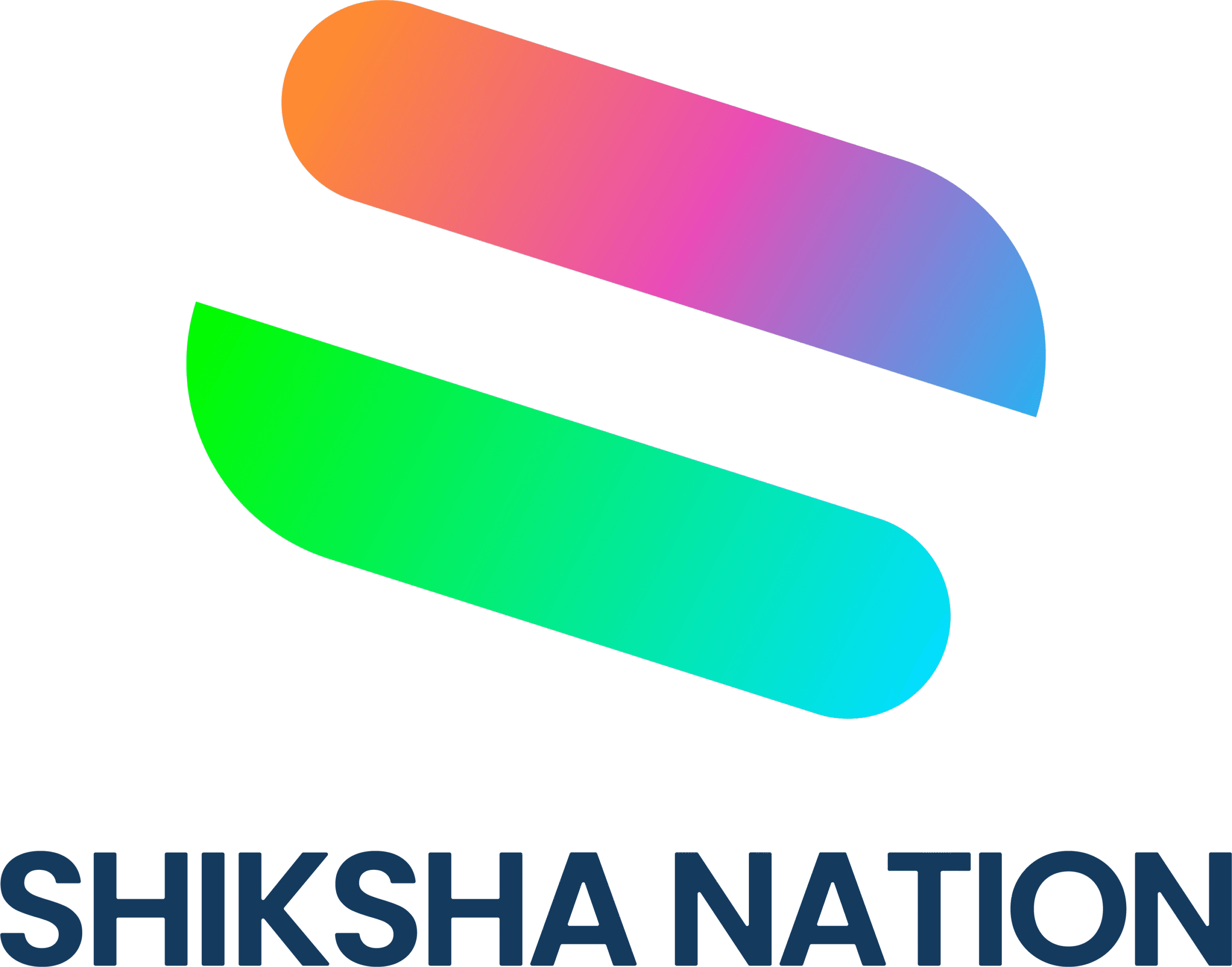Introduction:
Morning vs Night Study – Which Works Best?
Morning vs night study is a question almost every student asks: should you wake up early to study, or is late-night study more effective? Science shows that understanding your natural body clock, energy levels, and peak focus hours can significantly impact memory, concentration, and academic performance.
In this article, we’ll explore the advantages, disadvantages, and scientific insights behind morning and night study, along with actionable tips to help students maximise productivity and focus.
Morning Study: Why Early Hours Can Boost Learning
Studying in the morning is often called the “golden hour” for students. Let’s see why:
1. Increased Alertness
After a full night’s sleep, your brain is rested, and cognitive functions like attention, memory, and problem-solving are at their peak. Early morning study sessions take advantage of this natural alertness.
2. Fewer Distractions
Mornings are usually quieter. Phones, social media, and household chores haven’t yet become active, making it easier to focus on difficult topics.
3. Better Long-Term Retention
Studies show that studying after waking up enhances memory consolidation. The brain’s ability to encode and retain information is higher in the morning due to refreshed neural networks.
4. Establishes a Productive Routine
Starting the day with study creates momentum. Completing tasks early boosts motivation and encourages a structured daily schedule.
Night Study: Why Some Students Thrive in the Evening
Late-night study sessions have their own set of advantages:
1. Fewer Interruptions
For night owls, evenings are often the calmest part of the day. Friends, family, and phone notifications are minimal, allowing for deep concentration.
2. Creativity Peaks
Research indicates that creative thinking often spikes in the evening when the brain is relaxed and not following strict routines. Subjects requiring problem-solving or brainstorming can benefit from night study.
3. Flexible Schedule
Students who participate in extracurricular activities or part-time work can fit study sessions into late-night hours. Night study offers flexibility that morning routines may not.
4. Quiet Environment for Revision
Late nights provide uninterrupted time to revise concepts, practise problem-solving, or memorise formulas before exams.
Morning vs Night Study: The Scientific Perspective
Scientists have studied circadian rhythms, which are 24-hour cycles controlling sleep, energy, and alertness. Here’s what research says:
-
Morning people (larks): Peak cognitive performance occurs in the early hours. They are more disciplined and retain information better during morning study sessions.
-
Night people (owls): Tend to perform better in the late afternoon and evening. Their creative problem-solving and abstract thinking are stronger at night.
-
Consistency matters: regular study schedules aligned with your natural body clock lead to better retention, regardless of morning or night preference.
Key Studies:
-
A 2017 study published in Learning and Instruction showed that students studying at their peak alertness hours retained 20–30% more information.
-
Research from the Journal of Experimental Psychology indicates that night study may enhance creativity, while morning study improves factual recall.
✅ Pros and Cons of Morning vs Night Study
| Factor | Morning Study | Night Study |
|---|---|---|
| Alertness | High | Moderate |
| Creativity | Moderate | High |
| Distractions | Low | Low–Moderate |
| Energy Levels | High | Variable |
| Consistency | Easier | Harder |
| Memory Retention | Excellent | Good |
How to Decide What Works Best for You
-
Identify Your Chronotype:
-
Are you naturally a morning person or a night owl? Track your energy levels for a week to see when you are most alert.
-
-
Consider Your Schedule:
-
Morning study works well if you have a busy day ahead. Night study is suitable if your day is packed with classes or activities.
-
-
Evaluate Your Goals:
-
For memorisation-heavy subjects, mornings may be better. For problem-solving or creative tasks, late evenings can be more effective.
-
-
Experiment and Adjust:
-
Test both schedules for two weeks and note productivity, retention, and focus levels. Stick with the one that yields the best results.
-
Tips to Optimize Your Study, Morning or Night
Morning Study Tips:
-
Wake up early and hydrate.
-
Avoid immediately checking your phone; minimise distractions.
-
Start with difficult or priority subjects.
-
Take a short walk or stretch to increase alertness.
Night Study Tips:
-
Create a quiet, comfortable study environment.
-
Use soft lighting to reduce eye strain.
-
Avoid heavy meals and caffeine late at night.
-
Take short breaks every 25–30 minutes to prevent fatigue.
Combining Both: Hybrid Study Schedule
Some students benefit from a hybrid approach, splitting study sessions between morning and night. Example:
-
Morning (7–10 AM): Memorization, theory, and formula revision
-
Night (8–10 PM): Problem-solving, practice tests, and creative tasks
This method ensures optimal use of alertness, memory, and creativity while providing flexibility for extracurricular activities or rest.
Expert Opinions
According to Dr Matthew Walker, author of Why We Sleep, “Your brain consolidates memories during sleep. Studying too late without adequate rest impairs recall.”
Meanwhile, Dr Till Roenneberg, a chronobiologist, emphasises aligning study schedules with natural circadian rhythms for maximum cognitive efficiency.
Bottom line: Study when your brain is naturally alert, but never sacrifice sleep — it’s essential for memory and focus.
Key Takeaways
-
Morning vs night study depends on your natural body clock, energy levels, and schedule.
-
Morning study enhances memory retention and discipline; night study boosts creativity and focus during quiet hours.
-
Consistency and adequate sleep are more important than the specific study time.
-
Experiment with hybrid schedules to maximise learning efficiency.
🏁 Conclusion
The debate over morning vs night study is not about right or wrong—it’s about what works best for you. Experiment with your schedule, track results, and maintain consistency. With the right timing, focus, and rest, students can maximise learning efficiency and academic success.
Remember: effective study is not just about when you study, but how well you focus during that time.
Also Read: Memory Retention Hacks: How to Remember What You Study




